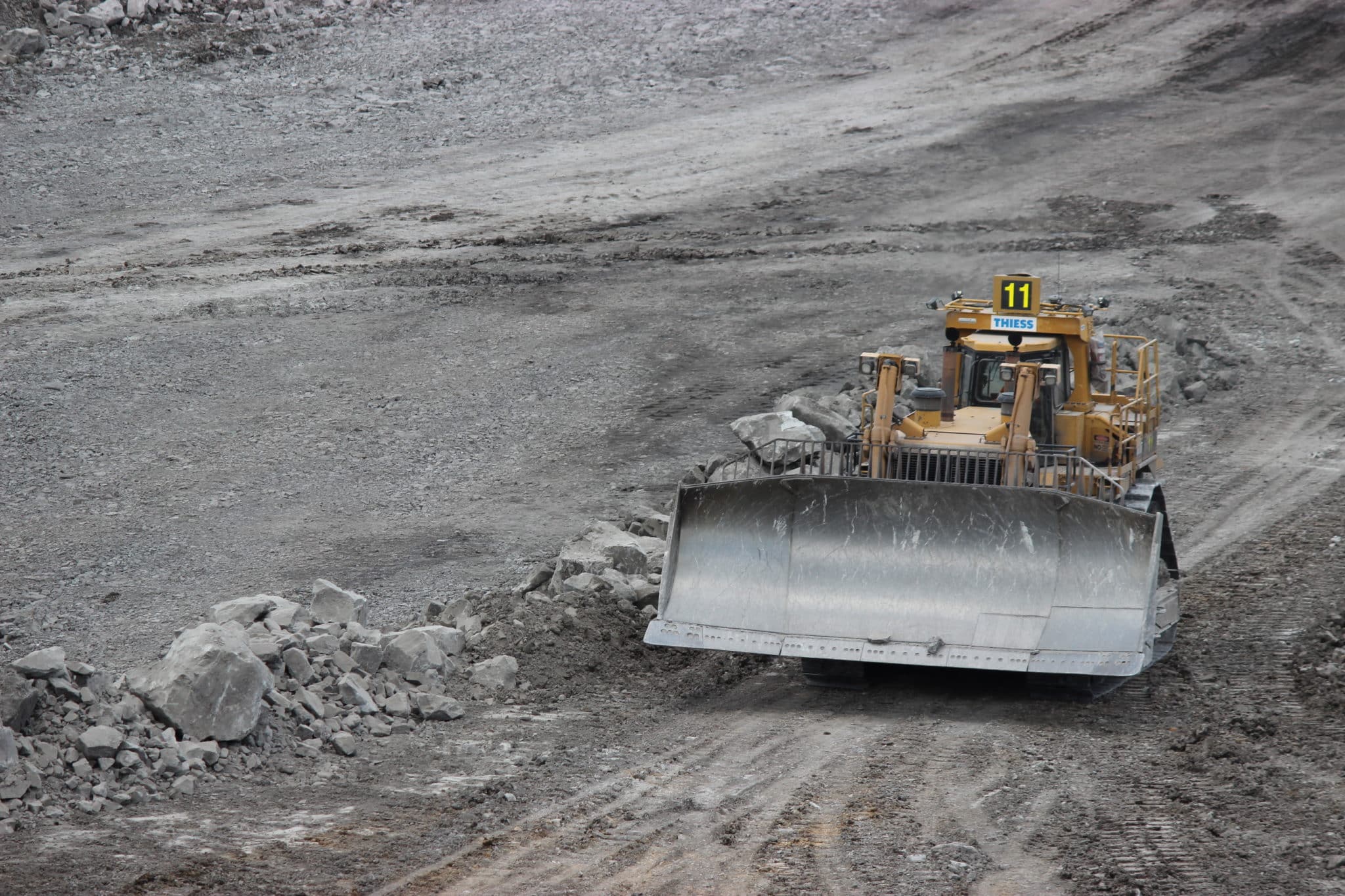
The coal mining industry has been battling with the consequences of dust exposure on its workers since the start of the practice of mining in the world. Similarly, the construction industry has witnessed the effects of exposure to Respirable Crystalline Silica (RCS) on its workers. RCS is primarily comprised of sand and granite and has a devastating impact on the human body if inhaled on a short-term and long-term basis.
Through the exposure of RCS via construction processes, such as crushing, cutting, grinding, sanding, polishing and installing stone benchtops. Industry-specific examples include:
Silicosis is the primary respiratory disease that is directly caused by the inhalation of RCS, which does irreparable damage to human lung tissue. Specifically, the dust causes fibrosis, scar tissue, to form in the lungs, which severely limits the lungs ability to extract oxygen from the air. There are no treatments that resolve this disease to date. Acute Silicosis can be diagnosed very soon after exposure, however, chronic cases occur after more than 10 years of exposure to silica dust. At the time of diagnosis, the patient may be experiencing little to no symptoms. However, the symptoms become more prominent and severe over time. Symptoms include: fatigue, shortness of breath, loss of appetite, pain in the chest, and ultimately all lead to respiratory failure and death.
In early 2019, the Workplace Health and Safety Queensland has released a stringent code of practice documents with over 405 improvements notices from the previous codes of practice document, in an attempt to mediate the number of silicosis numbers in Australia. The major focus in the industry is in mitigation and avoidance techniques. This is attempted by precautionary measures such as wearing the appropriate health and safety equipment and ensuring appropriate ventilation.
Global Road Technology (GRT) offers one of the most effective methods of avoiding the issue of dust inhalation altogether – stabilising on the ground or stripping RCS and other dust from the air. GRT focuses on the stabilisation of dust within an active worksite to minimalize suspension of any dust that may harm workers or the surrounding community. The products offered by GRT are a fundamental step forward in addressing the issue of dust suspension head-on. Many companies still are under the false impression that water is an effective mitigator of dust suspension; however, this has been debunked multiple times over, unfortunately with the lives of our workers. As is why GRT strives in ending this avoidable condition from hurting any more families. Below is a range of products that have been specifically engineered to deal with dust in the construction industry.
A dual-action wetting agent that when added to water, rapidly changes the behaviour of water so that it attracts and sequesters airborne dust.
Polymer sealing products for access roads, or sidetracks, cross overs and road shoulders for all-weather dust-free access.
Long-term dust control for roads, hardstands, storage areas and machinery yards.
One of the industry’s best products on the market, and is utilised for wind and water erosion control.
Cost-effective, ultra-concentrated additive for water trucks that save resources, fuel, and water while suppressing dust.
Utilised for a broad-scale approach. These two products provide cost-effective dust control for large open areas, drill pads, and sites with potentially hazardous demolition rubble.
More information on these products can be found on GRT’s website, which is linked below:
https://globalroadtechnology.com/applications/asset-design-construction/
Dealing with Wind and Water
When it comes to construction sites wind can prove to be a difficult obstacle. It can effectively transport hazardous dust to the community, and apart from the devastating consequence on human health, it can also cause mechanical issues as well as electrical faults to the machinery being utilised on-site. The impact of dust goes far beyond just the workers at hand, the investors are spending more than needed in repairing equipment, managers are taking heat in having to postpone jobs days due to conditions being too dry. The expensive water bill, and not to mention the tens of thousands of litres used in the bleak attempt in controlling the dust. These outdated methods of dust control have never been effective, cost far more than it needs to, and at the end of the day doesn’t even solve the issue (as the next working day, the whole wasteful process of controlling dust with water repeats).
GRT offers engineered dust control and erosion solutions that are cost-effective, and are a vital technique to manage broad-scale cleared areas, exposed surfaces, stockpiles, batter slopes and drainage paths. These products are environmentally safe, and directly minimise site dust suspension, erosion and stormwater runoff. The method at which GRT’s products is capable of achieving such results is by forming a durable and continuous physical layer that is resistant to wind and erosion. The hazardous dust particles are captured and completely immobilised in this physical polymer layer.
Along with other leading companies, industry and community groups, Global Road Technology has focussed its effort in immobilising dust from disrupting any more lives than those that have already been taking by the unforgiving health effects of dust in the Australian construction industry and mining industry throughout.
References:
https://www.mccullough.com.au/2018/11/21/silicosis-safety-concerns-for-construction-industry/
Are environmental regulations, health and safety concerns or potential profit loss a concern right now?
Contact Us Now